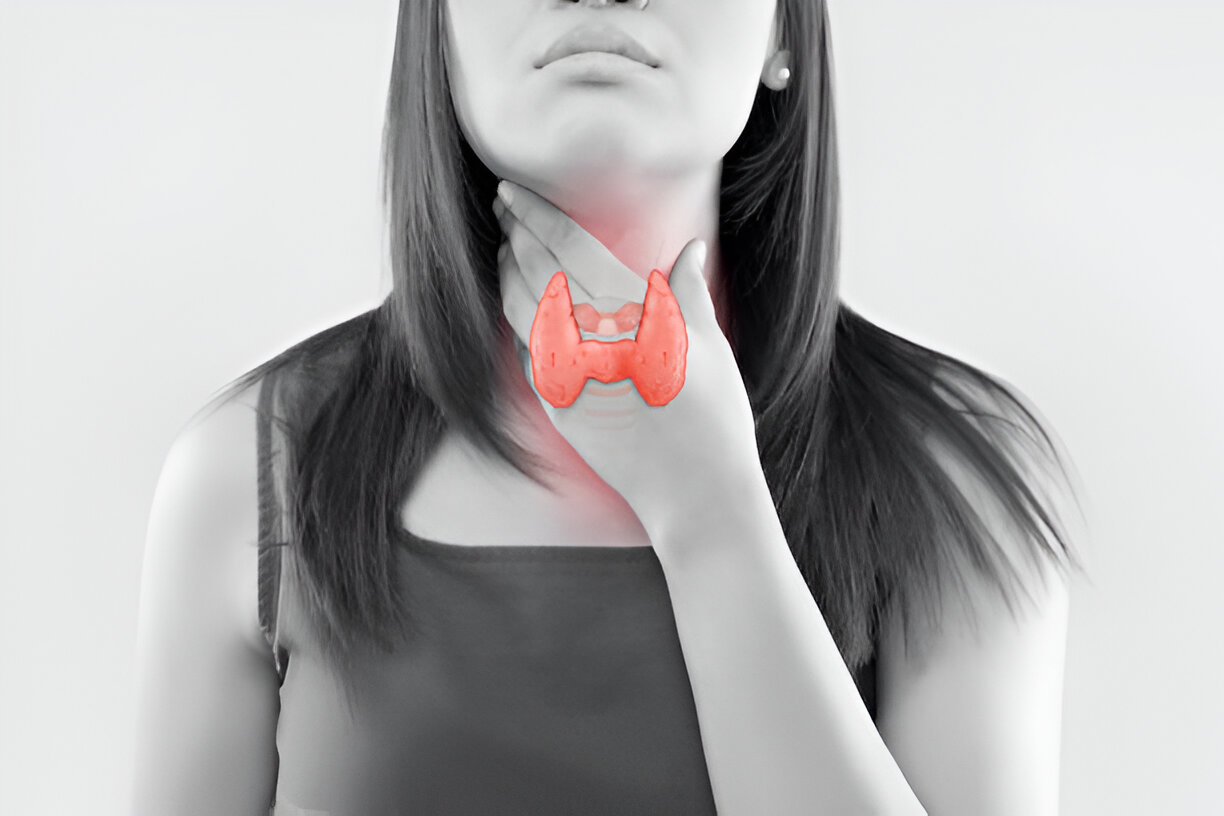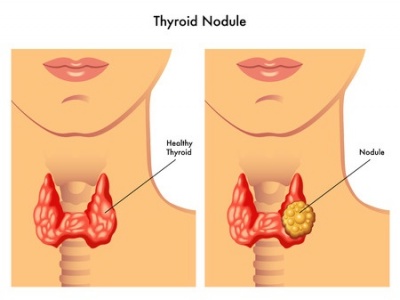What causes thyroid disease, how can you detect it, and what are the treatment options?
In order to remain healthy and live a joyful life, it is necessary to fully understand thyroid diseases, their causes, and the ways of treatment.Thyroid diseases had different causative factors, among which were heredity, thyroid diseases, deficiency of iodine, and certain drugs. The main factors that have been leading most frequently to the problem of the thyroid are the two most common autoimmune diseases, such as Hashimoto's and Grave's diseases, which produce less or more hormones, thus resulting in an imbalance of the body.
To live well and handle the condition, a patient needs to know all about thyroid diseases, what causes them, and how they are treated. Many things can lead to thyroid issues. Mental health problems genetically passed down, eating less than the required amount of iodine, and medicines are some of the things that may lead to the development of the thyroid. Most of the time the thyroid is chronically dysfunctional due to a disorder that is an autoimmune one, like Hashimoto's or Graves' disease.
What symptoms serve as a signal that your thyroid is malfunctioning?
The symptoms of thyroid disorders may change depending on the kind of disease, i.e., hyperthyroidism is the one of the overactive thyroid, and hypothyroidism is the one of the underactive thyroid.
Patients with hyperthyroidism may commonly observe symptoms like a very fast heart rate, anxiety, trembling, or even weight loss without trying. On the contrary, a person with hypothyroidism will be very tired, put on weight, have thick and dry skin, or even become sad. Even though these symptoms are not a direct cause, they need to be very carefully monitored and recognized since they might indicate a health problem that is noninvasive and needs a professional's evaluation and therapy.
How do physicians identify and manage thyroid problems?
The target of managing thyroid disease is the restoration of the normal thyroid function and the quality of life of the patient being improved. The treatment modalities for hyperthyroidism most often entail one or a combination of radioactive iodine, anti-thyroid medications, and surgery for total or partial removal of the thyroid gland. Meanwhile, the only medication that patients with hypothyroidism really need is thyroid hormone replacement. The treatment plan may have to be changed and checked regularly in order to reach the best thyroid function. Thyroid disease is definitely a complicated issue that requires care and treatment simultaneously.


 Max Hospital, Vaishali, Gaziabad
Max Hospital, Vaishali, Gaziabad







